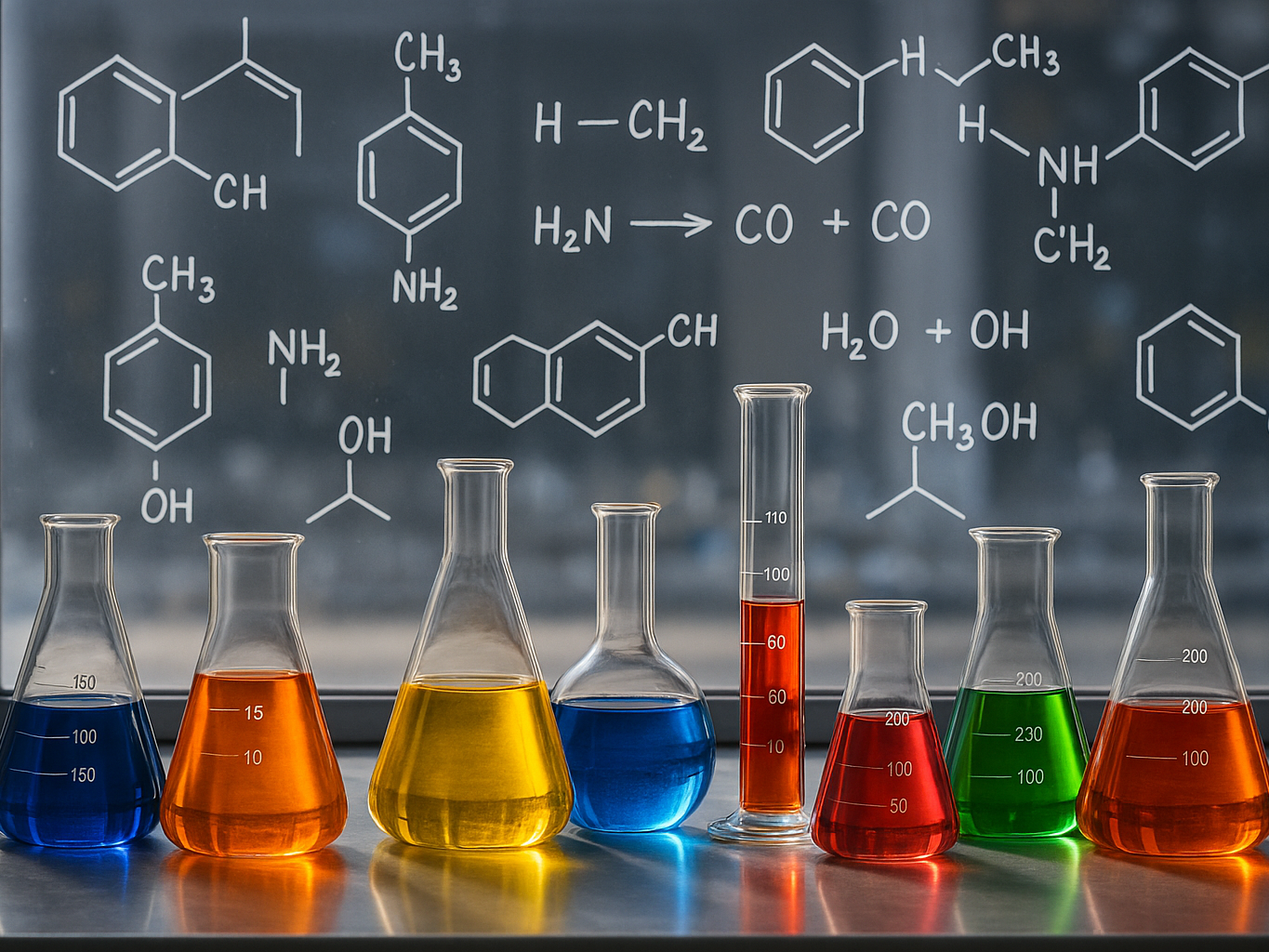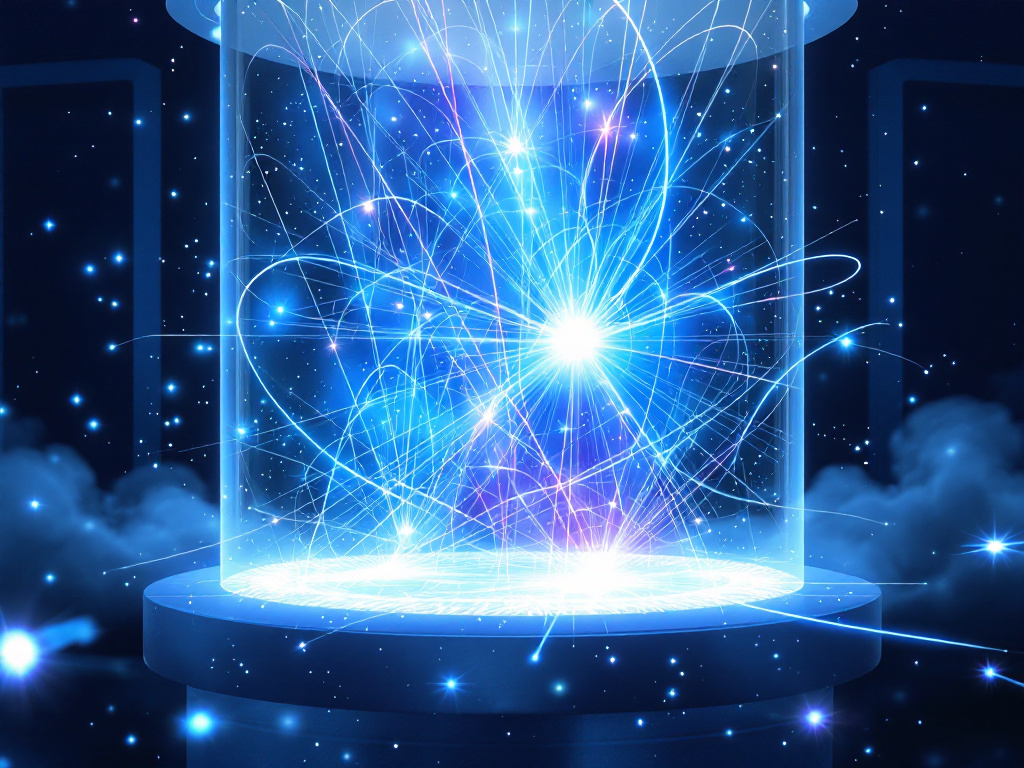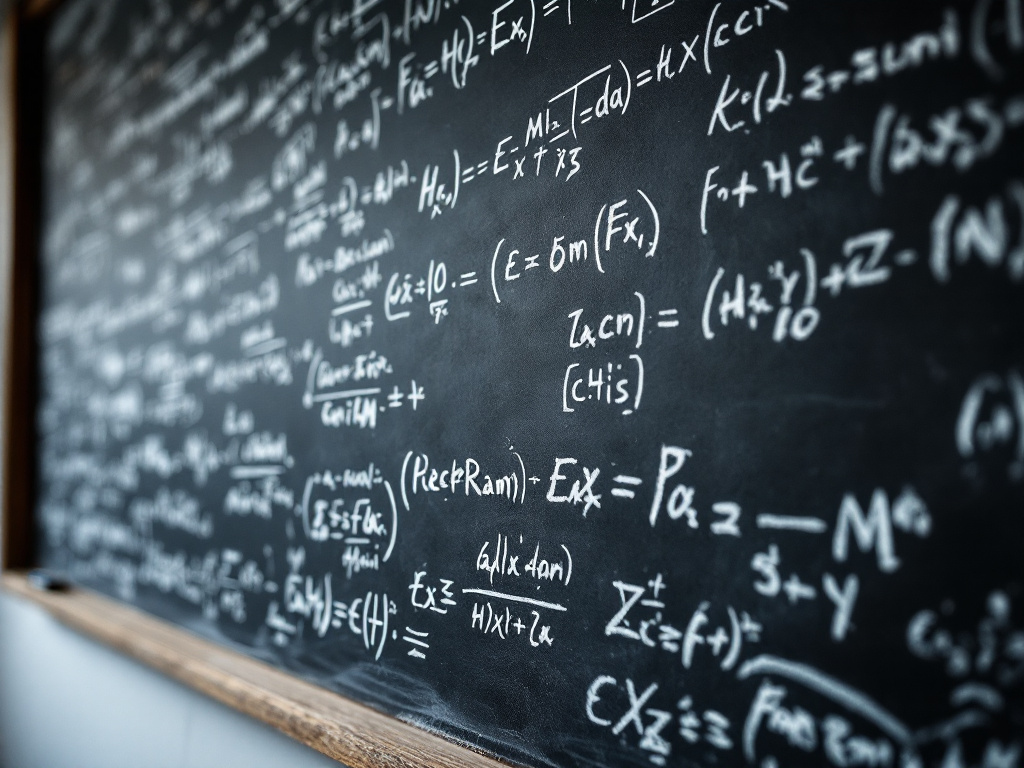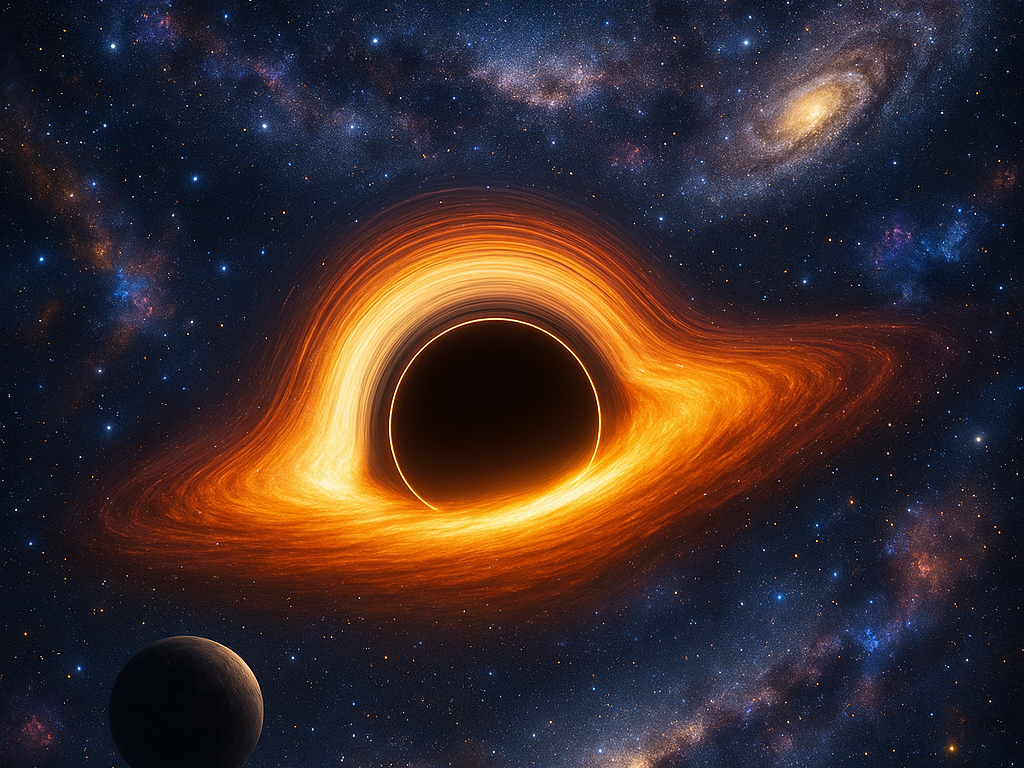Information for UvA students
Below you will find a (currently still incomplete) listing of Bachelor and Master courses involving machine learning and AI that are taught in the different disciplines at FNWI. For student research projects, please have a look at the project gallery below.Bachelor Courses | Master Courses | Research Projects | For teachers
Bachelor courses
Data Science for Chemistry
Part of: Exchange Programme Faculty of Science
In this course the mathematical basics of several numerical analysis concepts will be explored. A suite of numerical tools, from data pre-processing to multivariate modeling strategies, will be discussed during the lectures. The students will be encouraged to generate their own implementations of the learnt tools in a high-level programming language such as Julia language. Further information.
- Coordinator: Saer Samanipour
- Credits: 6 EC
- Time period: 1
AI for Science
Part of: College of Sciences
The course Artificial Intelligence for Science will provide the fundamentals of machine learning methodologies. Rather than a formal exposure, it will consist of a more hands-on approach tailored to students interested in applying machine learning to scientific problems. The course is targeted at a broad audience: from computational scientists who wish to dive in data-driven science, to experimental researchers keen on integrating machine learning in their work. Further information.
- Coordinator: Bernd Ensing
- Credits: 6 EC
- Time period: 2
Bachelor Courses | Master Courses | Research Projects | For teachers
Master courses
Advanced Chemometrics and Statistics
Part of: Master's Chemistry (joint degree)
In this course the mathematical theory of univariate and multivariate statistics (e.g. PLS-DA, Random Forrest classification, and Hierarchical Clustering) as well as modelling (e.g. PCA and MCR-ALS) and optimization will be discussed. Further information.
- Coordinator: Saer Samanipour
- Credits: 6 EC
- Time period: 5
Machine learning for chemistry
Part of: Master's Chemistry (joint degree)
The course Machine Learning for Chemistry will provide a broad understanding of current deep learning methodologies and their application in chemical research. Rather than a formal exposure, it will consist of a more hands-on approach tailored to students interested in applying deep learning to (molecular) scientific problems. Further information.
- Coordinator: Bernd Ensing
- Credits: 6 EC
- Time period: 5
Bachelor Courses | Master Courses | Research Projects | For teachers
Student research projects
Are you a student of a (joined) UvA bachelor or master program and looking for an exciting research project? The gallery below gives a compilation of available projects in the various scientific disciplines taught at the Faculty of Science. If you see an interesting project, please contact the supervisor of the project. In case you do not see an interesting match, but you wonder about other projects (perhaps you have an interesting research idea related to AI for scientific research yourself), feel free to send an email inquiry to us.Chemistry
Molecular MC Tree Search
In this project, you will create your own reinforment learning algorithm for effectively navigating chemical space, by autoregressively 'growing' a molecule from scratch.
More
Chemistry
Synthetic jet fuel
In this master project, you develop and condition a denoising diffusion model with quantum chemically computed features to generate improved catalyst materials for chemical production of synthetic fuels for airplanes.
More
Physics
Plasmonic metal nanoparticles
Develop and optimize machine learning techniques to resolve nanoscale features below the diffraction limit.
More
Physics
Statistical Mechanics
From scaling laws to emergent capabilities, modern AI systems, in particular large language models, display various behaviours that nobody understands. Statistical mechanics in physics offers a leading tool to analyse and explain these observed phenomena, and thereby answering some of the extremely crucial questions in modern AI theory.
More
Physics
3d Quantum Field Theories
Can ML help to learn about the mysterious relations among quantum field theories?
More
Physics
Nonequilibrium Thermodynamics
Exploit modern advances in nonequilibrium thermodynamics, such as Jarzynski 'sequality and Crooks fluctuation theorem, to devise more efficient sampling algorithms.
More
Mathematics
Modularity of Nahm Sum
Use supervised learning to gain insights into a long-standing question in analytic number theory.
More
Physics
Unraveling Quantum Chromodynamics
At energy-frontier facilities such as the Large Hadron Collider (LHC), scientists study the laws of nature in their quest for novel phenomena both within and beyond the Standard Model of particle physics. Within the NNPDF approach, neural networks parametrise the underlying physical laws while minimising ad-hoc model assumptions.
More
Physics
High-energy neutrino physics at the LHC
Machine learning tools within the NNPDF framework and state-of-the-art calculations in perturbative Quantum Chromodynamics.
More
Astrophysics
Starlight spectra
In this MSc project, we will develop a neural network (NN) approach to predict the spectra of massive stars.
More
Chemistry
Catalytic conversion of plastic waste
In this master project, you will develop a novel AI-based strategy aimed at modeling and guiding a hydrothermal catalytic liquefaction process.
More
Bachelor Courses | Master Courses | Research Projects | For teachers




